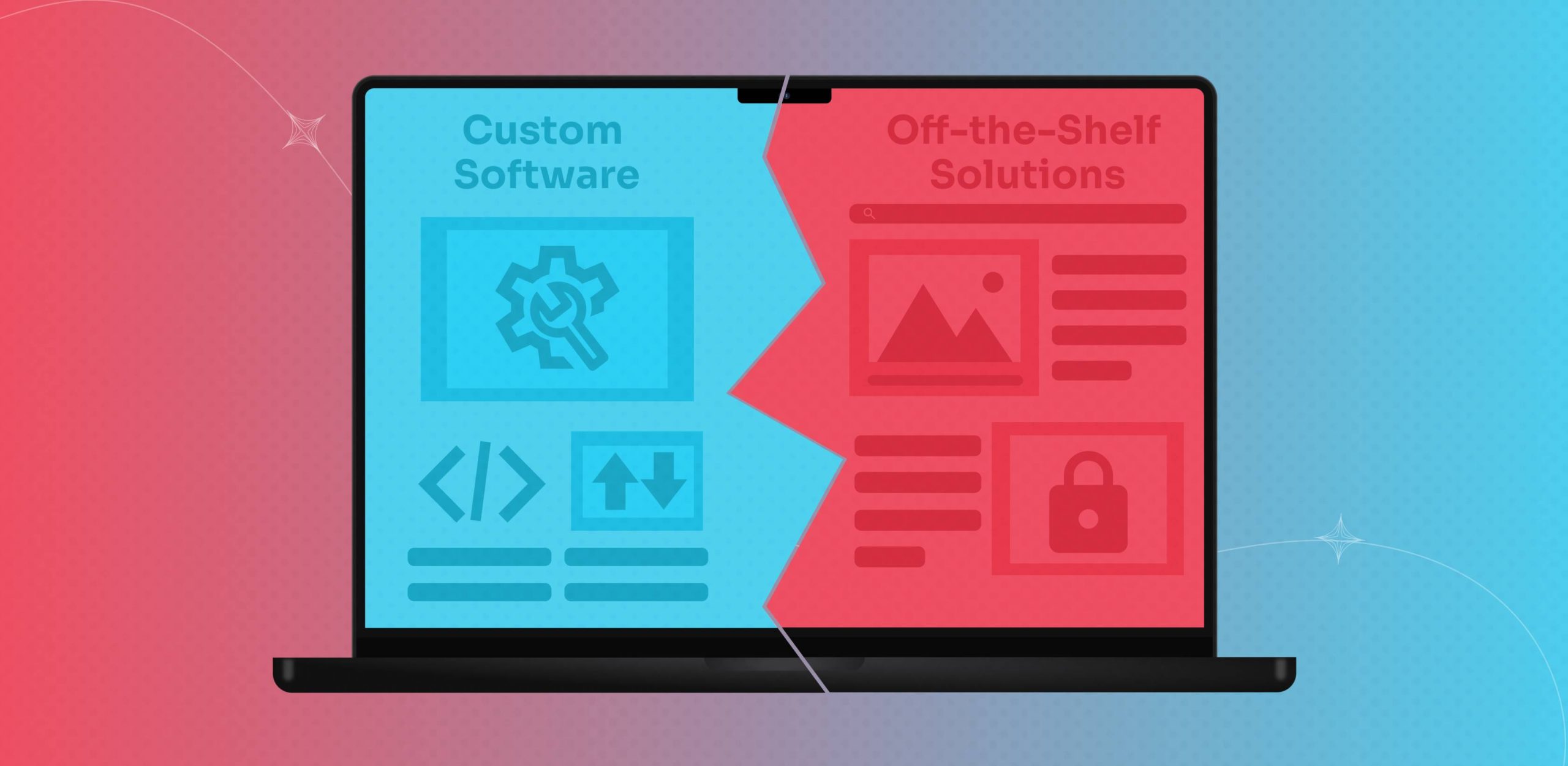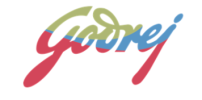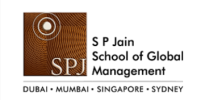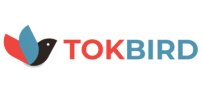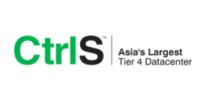SaaS development is pivotal in today’s digital era, offering businesses the opportunity to leverage cloud-based applications to enhance operational efficiency and reduce costs. Choosing the right SaaS development company is crucial as it significantly influences the quality, scalability, and security of the deployed service.
Here this blog will guide you through the essential factors to consider when choosing a SaaS development partner.
What is SaaS Development?
SaaS development, or Software as a Service development, is a software distribution model in which applications are hosted by a third-party provider and made available to customers over the internet. Unlike traditional software that is installed and runs on the user’s system, SaaS applications are accessed remotely through a web browser. This means that users do not need to manage, install, or upgrade software; all of these tasks are handled by the service provider.
Core Aspects of SaaS Development
- Cloud Hosting: The primary characteristic of SaaS development is that the software is hosted on remote cloud servers. These servers are managed and maintained by the SaaS provider, which ensures that the software is always available, backed up, and secure.
- Accessibility: SaaS applications can be accessed from anywhere in the world, as long as there is an internet connection. This accessibility makes SaaS a popular choice for businesses with remote teams or those that require mobile access to their software.
- Subscription Model: SaaS typically operates on a subscription basis, with customers paying a regular fee to use the software. This fee may be monthly or annually and often includes support, software updates, and sometimes data storage. This model can be more cost-effective for users as it spreads the cost over time and eliminates the hefty initial investment that traditional software often requires.
- Scalability and Flexibility: SaaS solutions are highly scalable, which means they can easily be scaled up or down based on the user’s needs. Whether a company grows and needs more licenses or features, or they need to downsize, SaaS applications can accommodate these changes without the need to purchase additional hardware or software.
- Range of Solutions: The versatility of SaaS is evident in the wide range of solutions it offers across various industries. For instance, customer relationship management (CRM) software helps businesses manage and analyze customer interactions and data throughout the customer lifecycle. Financial management software assists in managing financial operations and strategies, automating tasks like billing, accounting, and payroll.
Advantages of SaaS Development
- Cost Reduction: By eliminating the need for internal infrastructure or hardware, businesses can significantly reduce costs related to purchasing, running, and maintaining hardware and software.
- Quick Deployment: SaaS applications are ready to use once the user subscribes. There is no need for installation processes, leading to a faster deployment compared to traditional software setups.
- Automatic Updates: Service providers manage all updates and upgrades, ensuring that all users have access to the latest version of the software without any additional cost or effort involved.
- Cross-device Compatibility: Most SaaS applications are designed to be responsive and compatible across various devices, including smartphones, tablets, and desktops, ensuring a seamless user experience.
SaaS Development: Market Overview
The software-as-a-service (SaaS) market has witnessed remarkable growth over the past decade, driven by the proliferation of high-speed internet and the global shift towards agile and flexible business practices. The widespread adoption of SaaS across various industries, from healthcare to retail, is largely due to its ability to lower capital expenditures and operational burdens, as these cloud-based applications eliminate the need for on-premise hardware and are maintained and updated by the SaaS provider. This shift not only streamlines operations but also enhances scalability and integration capabilities, fostering new, transformative business models.
As the demand for innovative and efficient SaaS solutions continues to surge, the need for competent SaaS development companies that can deliver robust, scalable applications has become critical. In this competitive landscape, businesses seek SaaS developers who are not only adept in best practices but also pioneers in incorporating advanced technologies like artificial intelligence and machine learning. This expertise helps in offering more personalized experiences and deeper insights to users, positioning businesses to better leverage digital transformation initiatives for sustained growth and competitive advantage.
Benefits of Choosing a SaaS Development Company
Choosing the right SaaS development company to partner with brings a multitude of benefits that can transform the way your business operates, ensuring not only cost savings but also improved efficiency and innovation. Here are some detailed benefits:
Cost Efficiency
One of the most significant advantages of partnering with a SaaS development company is the substantial cost savings it offers. Traditional software development requires substantial upfront investment in both hardware and software, along with ongoing expenses for maintenance and upgrades. By contrast, SaaS eliminates the need for extensive in-house IT infrastructure since the applications are hosted remotely. This model shifts capital expenditure to operational expenditure, significantly lowering the barrier to entry for businesses of all sizes. Additionally, you only pay for what you use, which optimizes your IT spending.
Scalability
SaaS solutions are inherently scalable, which means they can grow along with your business without requiring a corresponding increase in IT resources or complex upgrades. A competent SaaS development company will design applications that can handle increased loads and user counts without performance degradation. This flexibility is vital for businesses looking to expand or those experiencing fluctuating levels of demand, providing them with a technology solution that adapts to their needs without the need for costly and time-consuming changes.
Innovative Solutions
In the fast-paced world of technology, staying ahead with the latest innovations can provide a competitive edge. SaaS development companies are typically at the forefront of cutting-edge technologies and innovations. By partnering with such a company, you ensure that your business benefits from the latest developments in cloud computing, artificial intelligence, and machine learning integrated into your SaaS solutions. This access to new technologies not only improves business operations but also enhances user experiences, making your services more appealing to your customer base.
Maintenance and Support
Another critical benefit of selecting a SaaS development company is the continuous support and maintenance provided. Unlike traditional software that requires your IT team to perform updates and solve issues, SaaS companies take on these responsibilities. They ensure that the software is always running on the latest version, with all security patches and upgrades handled seamlessly in the background. This ongoing maintenance helps prevent potential security vulnerabilities and ensures that the application remains robust and reliable over time.
Empower Your Business: Discover Our Cutting-Edge SaaS Application Development Services.
How to Choose the Right SaaS Development Company for Your Business?
Selecting the ideal SaaS development company is a critical decision that can determine the success and scalability of your software solutions. Below are detailed considerations to guide you in making an informed choice:
Expertise and Technical Skills
The cornerstone of any SaaS development company is its technical expertise. Look for a provider with a proven track record in modern programming languages such as Python, Java, or Ruby, and experience with popular cloud platforms like AWS, Google Cloud, or Azure. The ability to build secure, scalable applications that integrate seamlessly with other systems is essential. Assess their technical prowess by reviewing their portfolio, asking about their development stack, and discussing previous projects similar to what you envision.
Industry Experience
Industry-specific experience can be a game-changer when developing SaaS solutions. A company that understands your sector’s landscape will navigate its complexities more efficiently, from adhering to industry-specific regulations to solving common challenges that may arise. This knowledge speeds up the development process and enhances the application’s relevance and compliance. During your selection process, evaluate the potential company’s past projects in your industry and discuss how they’ve addressed industry-specific requirements.
Project Management and Communication
Effective project management and communication are vital to the success of SaaS projects. Your chosen company should employ rigorous project management methodologies (such as Agile or Scrum) to ensure that the project stays on track and within budget. Regular updates and transparent communication channels are crucial for timely feedback and adjustments. Evaluate their communication tools and processes during the initial discussions to ensure they align with your expectations.
Scalability and Flexibility
Scalability is at the heart of SaaS development. The company you choose should demonstrate a clear ability to scale your application to handle growing user numbers and data without compromising performance. Flexibility is equally important, as the ability to adapt and update the application as per changing business needs is critical in a fast-evolving market. Discuss their approach to scalability and flexibility, including technologies they use and past examples of scalable projects they’ve handled.
Security and Compliance
Security and compliance cannot be overstated, especially in industries handling sensitive data. Ensure that the SaaS development company follows best practices in security and adheres to pertinent regulations such as GDPR, HIPAA, or PCI-DSS, depending on your geographical location and industry. Inquire about their security protocols, certifications, and how they handle data privacy and security challenges.
Client Testimonials and Case Studies
Evaluating past client testimonials and analyzing case studies of the company’s previous projects can provide insights into their capability and reliability. These resources reflect not only the technical ability but also customer satisfaction and the company’s commitment to support and maintenance post-deployment. Request references or direct contact with past clients to get first hand feedback about their experiences.
Pricing and Contract Structure
Finally, understanding the pricing and contract terms is crucial for a long-term partnership. Look for transparency in billing practices and clarity in contract terms to avoid any hidden costs or surprises. Discuss different pricing models they offer, such as per-user pricing or flat-rate subscriptions, and how these models can accommodate your future growth. Ensure that the contract clearly outlines deliverables, timelines, support, and maintenance terms.
Why Does Choosing the Right SaaS Development Company Matter?
Selecting the appropriate SaaS development company is more than just a contractual relationship; it’s a strategic partnership that significantly impacts the trajectory and success of your business. The choice of your SaaS developer plays a pivotal role in shaping the final product, influencing not only its immediate effectiveness but also its long-term viability and scalability.
Alignment with Business Goals
A competent SaaS development company does more than just write code; they immerse themselves in understanding your business objectives and market needs. This alignment ensures that the software they develop not only meets but exceeds your expectations, integrating seamlessly with your business strategies. For instance, if your business prioritizes rapid scaling, the right SaaS partner will focus on modular designs that facilitate easy updates and expansions.
Quality and Performance
The difference between choosing a mediocre and an excellent SaaS development company often shows in the quality of the final product. A superior SaaS platform operates efficiently under varying loads, boasts minimal downtime, and offers a user-friendly interface. High-performance software enhances customer satisfaction and retention, directly contributing to your business’s profitability.
Long-Term Partnership and Support
SaaS platforms require ongoing maintenance and updates due to the ever-evolving nature of technology and business environments. The right SaaS development partner stands by your side long after the initial launch. Their ongoing support and maintenance services ensure that the software continues to perform optimally, adapts to new challenges, and incorporates the latest technological advancements. This relationship transforms a SaaS product from one that merely functions to one that thrives and evolves alongside your business.
Competitive Edge
In a highly competitive market, having a robust SaaS solution can provide a significant competitive advantage. The right SaaS development company brings expertise in cutting-edge technologies and innovative approaches, which can differentiate your product in the marketplace. For example, using AI and machine learning to enhance user experiences or integrating advanced data analytics for better decision-making can set your application apart from the competition.
Risk Mitigation
Developing software, particularly SaaS, involves various risks including security threats, data breaches, and compliance issues. A skilled SaaS development partner knows how to mitigate these risks through rigorous testing, robust security protocols, and adherence to international standards and regulations. This proactive approach to risk management safeguards your business reputation and ensures customer trust.
Stay ahead of the curve in SaaS technology. Our SaaS development experts are here to help.
End-to-end SaaS Development Process
Choosing a proficient SaaS development company involves more than just initial development; it encompasses managing the entire lifecycle of your software product. Here’s a detailed breakdown of each phase in the end-to-end SaaS development process:
Initial Planning and Analysis
The process begins with thorough planning and analysis. During this phase, the SaaS development company will work closely with you to understand your business objectives, market needs, and the specific requirements of your project. This involves identifying the target audience, defining clear goals for the software, and establishing the functional and non-functional requirements. Effective planning ensures that the final product aligns perfectly with your business strategy and user expectations.
Design and Prototyping
Once the requirements are clearly laid out, the next step involves designing the architecture of the software. This phase includes creating wireframes and prototypes, which are essential for visualizing the user interface and user experience (UI/UX). The design phase is critical as it sets the groundwork for how the application will look and function. It’s an iterative process that typically involves feedback cycles to refine the design based on stakeholder and user input.
Development
During the development phase, the actual coding and integration of the software take place. The development team uses the chosen technology stack to build the application, ensuring that it meets all the specified requirements. This phase is characterized by several iterations and testing cycles to fine-tune functionality and performance. The developers focus on writing clean, efficient, and scalable code, keeping future enhancements in mind.
Testing and Quality Assurance
Testing is an integral part of the development process. This stage involves rigorous testing of the software to identify and fix bugs, and to verify that the software meets all quality standards. Quality assurance (QA) tests include unit testing, integration testing, performance testing, and security testing, among others. The aim is to ensure that the application is robust, secure, and performs well under various conditions.
Deployment
Once the software passes all tests, it is ready for deployment. The SaaS development company will handle the deployment process, which involves setting up the software on live servers and ensuring that it integrates seamlessly with existing systems. This phase may also include the setup of support systems like load balancers and data backup solutions to ensure high availability and data integrity.
Ongoing Maintenance and Support
After deployment, the role of the SaaS development company shifts to providing ongoing maintenance and support. This includes monitoring the application’s performance, making necessary updates, patching security vulnerabilities, and providing customer support. Regular updates are crucial to adapt to changing market conditions, user feedback, and emerging security threats.
Continuous Improvement
The final aspect of an end-to-end SaaS development process is continuous improvement. Based on user feedback and performance metrics, the software is continually refined and improved. This could involve adding new features, enhancing existing functionalities, or redesigning parts of the application to improve user engagement and satisfaction.
Conclusion
Choosing the right SaaS development company is a strategic decision that influences your business trajectory. At Enfin, we understand the stakes involved and are committed to providing top-tier SaaS development services. If you are looking to implement or custom develop a SaaS solution, contact us today to see how we can help transform your ideas into successful applications.
Let’s transform your business for a change that matters.
F. A. Q.
Do you have additional questions?
What to look for in a SaaS company?
Consider the application’s ability to integrate with your existing systems, its scalability, the vendor’s customer support structure, data security measures, compliance with relevant regulations, and the overall cost-effectiveness of the solution.
What factors would you consider when evaluating a SaaS vendor?
Evaluate a SaaS vendor on factors such as their service reliability, security protocols, compliance certifications, customer service responsiveness, user interface and experience, customization capabilities, and client testimonials.
How do I ensure the security of my data with a SaaS provider?
Ensure your data’s security by choosing a SaaS provider that offers robust encryption, regular security audits, compliance with international security standards, and transparent data management policies.
What are the benefits of SaaS over traditional software models?
SaaS offers numerous benefits over traditional models, including lower upfront costs, reduced need for internal IT infrastructure, automatic updates, scalability, and accessibility from anywhere with an internet connection.
How does scalability work with a SaaS provider?
Scalability with a SaaS provider means that the service can adjust to your needs as your business grows. This could involve increasing the number of users, expanding the functionalities, or enhancing the data storage capabilities without significant downtime or new software installations.
Can I customize a SaaS product to fit my business needs?
Yes, many SaaS products offer customization options to fit specific business needs. Discuss your requirements with the provider to understand the extent of customization offered and how it can be aligned with your business processes.
What should I expect in terms of customer support from a SaaS company?
Expect robust customer support that includes multiple channels of communication (e.g., phone, email, chat), a responsive support team, comprehensive documentation, and training resources to help you navigate the software.
How do SaaS companies handle data migration and integration?
SaaS companies typically handle data migration and integration through tools and services that ensure the secure and efficient transfer of your data from existing systems to the new SaaS platform. They should also provide support for integrating the SaaS solution with other software systems you use.
What are the common pricing models for SaaS services?
Common pricing models for SaaS services include subscription-based models (monthly or annually), pay-per-use, and tiered pricing based on the number of users, features, or the level of support provided.





